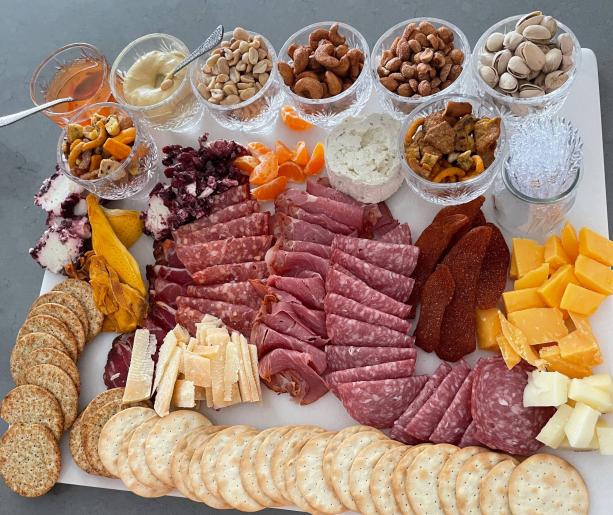THANKSGIVING DAY
Thanksgiving Day is the American holiday that commemorates the help offered by the natives to the first English settlers who arrived aboard the Mayflower in Massachusetts around 1620. A now institutionalized holiday and a symbol of American identity, it sees families busy in preparing of the classic turkey to be eaten at lunch with neighbors and to share with the neediest people.
So it was the natives, incredibly, who came to the aid of the travellers, expelled from the motherland due to the rigor of their Puritan-style Calvinism, advising them to undertake the cultivation of maize and the breeding of turkeys. With the new prosperity achieved, in 1623 the leader of the Pilgrim Fathers William Bradford ordered that families gather in their homes on the last Thursday of November to thank the goodness of God for the grace received by consuming precisely those turkeys that had allowed him to reach a new prosperity in the homeland that had welcomed them.
According to the custom, the creation of which is attributed to Abraham Lincoln, Harry Truman or John Fitzgerald Kennedy, the President of the United States annually pardons two turkeys one of which is then paraded in the parade held in Los Angeles on the occasion of the holiday. The act is a symbol of the country's gratitude towards the animal: the two turkeys pardoned each year are in fact those donated for the presidential lunch by the National Turkey Federation. Thus by renouncing to kill and consume them, the President bears witness to the country's gratitude towards the symbol of its origins. The holiday traditionally falls on the fourth Thursday in November in the United States, and on the second Monday in October in Canada.
Inaugurated by the colonizers, Thanksgiving Day has often been the subject of controversy over the centuries. In fact, the feast is not particularly appreciated by Native Americans and some minorities who associate it with the memory of the death of their ancestors. For this reason, in some groups, a day of mourning or "no-thanksgiving" has been instituted as opposed to the official holiday.
So it was the natives, incredibly, who came to the aid of the travellers, expelled from the motherland due to the rigor of their Puritan-style Calvinism, advising them to undertake the cultivation of maize and the breeding of turkeys. With the new prosperity achieved, in 1623 the leader of the Pilgrim Fathers William Bradford ordered that families gather in their homes on the last Thursday of November to thank the goodness of God for the grace received by consuming precisely those turkeys that had allowed him to reach a new prosperity in the homeland that had welcomed them.
According to the custom, the creation of which is attributed to Abraham Lincoln, Harry Truman or John Fitzgerald Kennedy, the President of the United States annually pardons two turkeys one of which is then paraded in the parade held in Los Angeles on the occasion of the holiday. The act is a symbol of the country's gratitude towards the animal: the two turkeys pardoned each year are in fact those donated for the presidential lunch by the National Turkey Federation. Thus by renouncing to kill and consume them, the President bears witness to the country's gratitude towards the symbol of its origins. The holiday traditionally falls on the fourth Thursday in November in the United States, and on the second Monday in October in Canada.
Inaugurated by the colonizers, Thanksgiving Day has often been the subject of controversy over the centuries. In fact, the feast is not particularly appreciated by Native Americans and some minorities who associate it with the memory of the death of their ancestors. For this reason, in some groups, a day of mourning or "no-thanksgiving" has been instituted as opposed to the official holiday.

